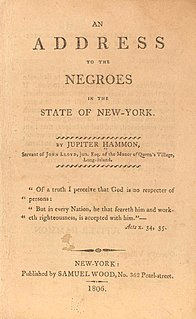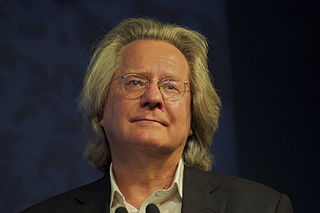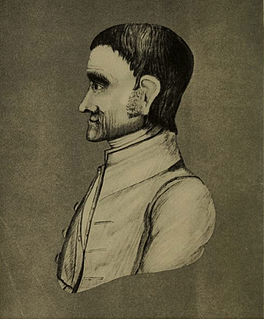A Quote by Jupiter Hammon
That liberty is a great thing we may know from our own feelings, and we may likewise judge so from the conduct of the white-people, in the late war.
Related Quotes
I may not be funny. I may not be a singer. I may not be a damn seamstress. I may have diabetes. I may have really bad vision. I may have one leg. I may not know how to read. I may not know who the vice president is. I may technically be an alien of the state. I may have a Zune. I may not know Excel. I may be two 9-year-olds in a trench coat. I may not have full control of my bowels. I may drive a '94 Honda Civic. I may not “get” cameras. I may dye my hair with Hydrogen Peroxide. I may be afraid of trees. I may be on fire right now. But I'm a fierce queen.
The wishes of the people, seldom founded in deep disquisitions, or resulting from other reasonings than their present feelings, may not entirely accord with our true policy and interest. If they do not, to observe a proper line of conduct for promoting the one, and avoiding offence to the other, will be a work of great difficulty.
I recommend allowing others the opportunity to fully express themselves before turning our attention to solutions or requests for relief. When we proceed too quickly to what people might be requesting, we may not convey our genuine interest in their feelings and needs; instead, they may get the impression that we're in a hurry to either be free of them or to fix their problem. Furthermore, an initial message is often like the tip of an iceberg; it may be followed by yet unexpressed, but related - and often more powerful - feelings.
O, that we who declare war against wars, and acknowledge our trust to be in God only, may walk in the light, and therein examine our foundation and motives in holding onto money! May we look upon our estates, our treasures, the furniture of our houses, and our garments, and try whether the seeds of war have nourishment in these, our possessions.
There is no nation on earth powerful enough to accomplish our overthrow. Our destruction, should it come at all, will be from anothe quarter. From the inattention of the people to the concerns of their government, from their carelessness and negligence. I must confess that I do apprehend some danger. I fear that they may place too implicit a confidence in their public servants and fail properly to scrutinize their conduct; that in this way they may be made the dupes of designing men and become the instruments of their own undoing.
Particularly when the war power is invoked to do things to the liberties of people, or to their property or economy that only indirectly affect conduct of the war and do not relate to the engagement of the war itself, the constitutional basis should be scrutinized with care. ... I would not be willing to hold that war powers may be indefinitely prolonged merely by keeping legally alive a state of war that had in fact ended. I cannot accept the argument that war powers last as long as the effects and consequences of war for if so they are permanent -- as permanent as the war debts.






































